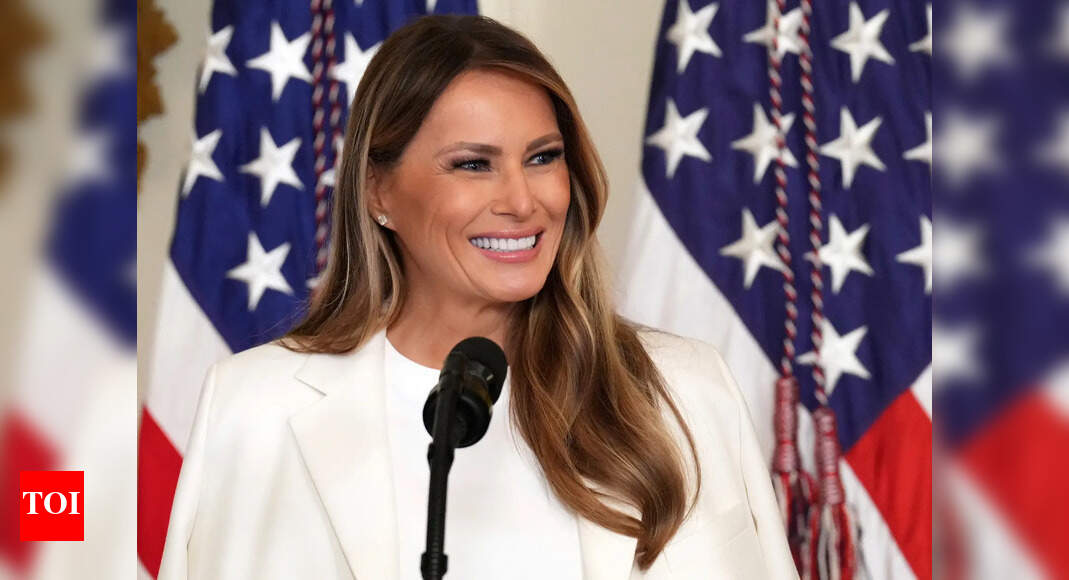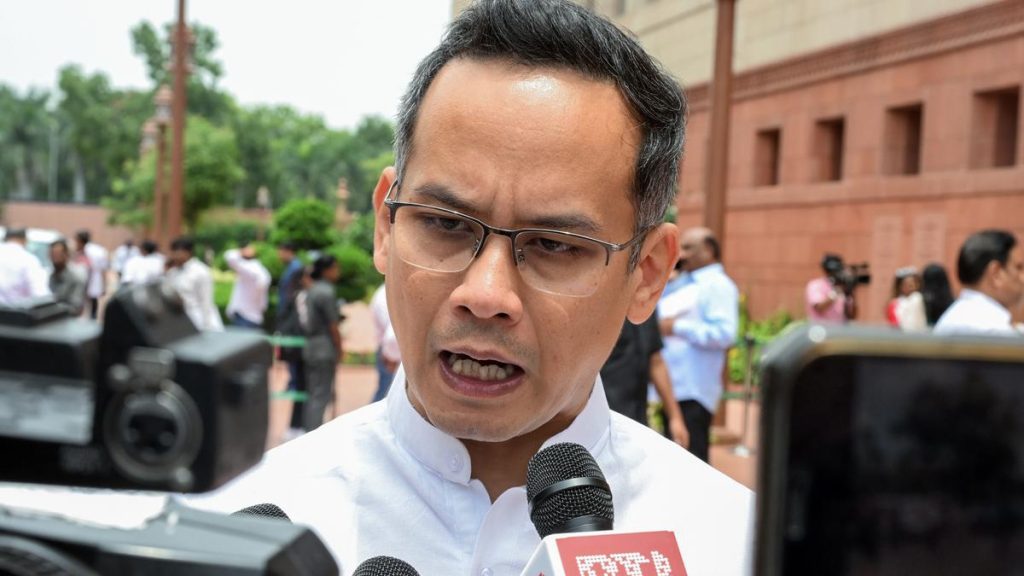Now Reading: White House Pushes AI in US Classrooms: What It Means for Teachers
-
01
White House Pushes AI in US Classrooms: What It Means for Teachers
White House Pushes AI in US Classrooms: What It Means for Teachers

Quick Summary
- Teh White House, led by First Lady Melania Trump, held a major meeting with tech leaders, policymakers, and advocacy groups to focus on teaching artificial intelligence (AI) in US schools.
- The pledge has been signed by companies such as Amazon,google,Microsoft,OpenAI,and othre organizations like Code.org and Project Lead the Way.
- Commitments include prizes for students and teachers engaging with AI, discounted AI certifications, and affordable access to tools from companies like Adobe and NVIDIA.
- Early exposure is purportedly aimed at making AI literacy a key 21st-century skill similar to how coding was promoted previously. Supporters believe this gives schools a competitive edge.
- Critics highlight contradictions in federal education policy rhetoric concerning the Department of Education’s credibility. Some question whether politics outweigh educational priorities in this initiative.
- Teachers’ perspectives were noticeably absent from the proclamation despite their crucial role in shaping effective classroom use of tools.
- The future implications could either empower educators with new resources or diminish their role if corporate priorities dominate.
Indian Opinion Analysis
The integration of artificial intelligence into education merits attention as India also grows its emphasis on digital change across sectors like education under initiatives such as NEP 2020’s focus on tech-enabled learning. This U.S.-centered progress raises questions relevant globally: Who decides how such technology is introduced? While partnerships can promote innovation through resources and incentives for up-skilling educators-key entry points mirroring India’s EduTech efforts-it underscores concerns about educators’ autonomy being eroded by corporations setting agendas.As India considers integrating advanced technologies into schools over time learning lessons From Us Scales-off detailed scrutiny voice 众鑫 gov teacher indian nat structural>d153






















